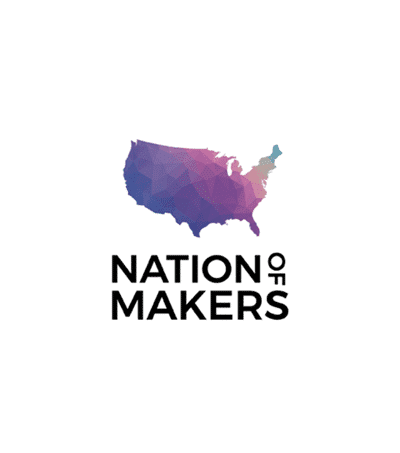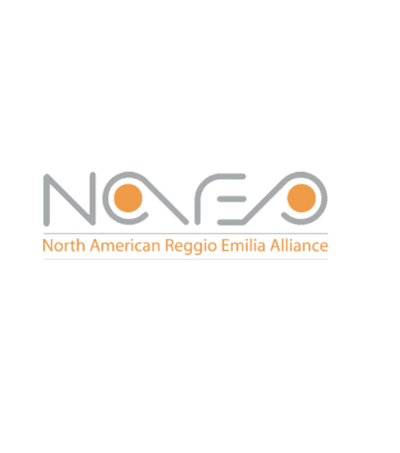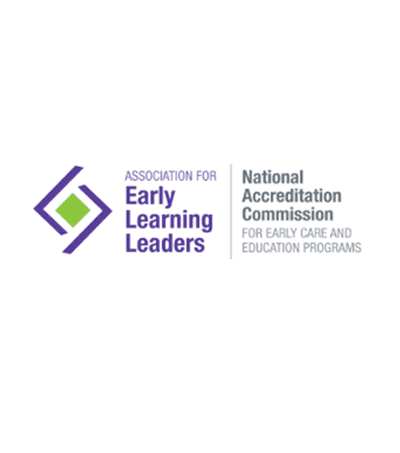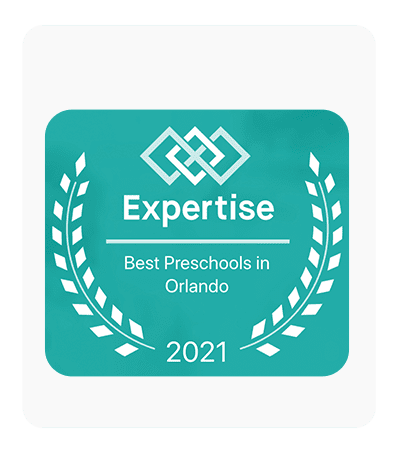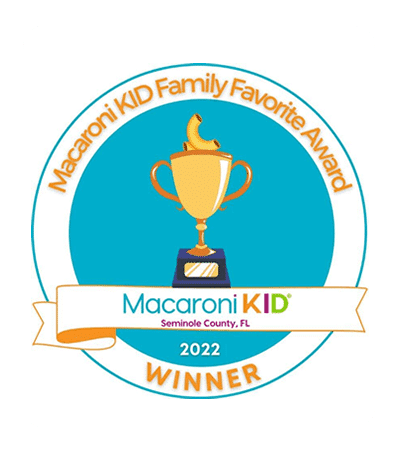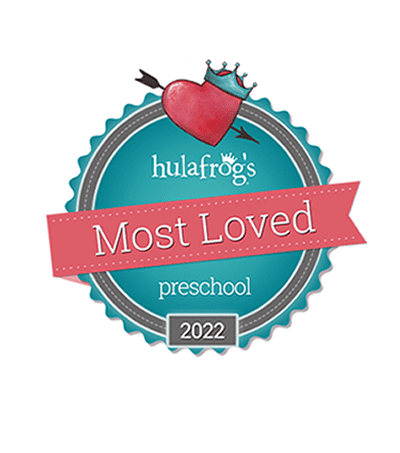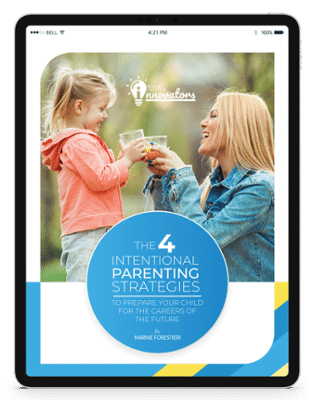During the space month, our young learners became part of NASA’s junior Space program to solve different problems. Before embarking on the imaginary training program, the class had to learn how to survive in space, create a class rocket, design spacesuits to protect them from the cold and get in shape to travel.

Learning inspired by passion happens inside our classrooms every day as we engage with children in maker projects using dramatic play as a springboard for our learning adventures throughout the thematic unit. During literacy block, our young learners had to find some missing letters to help propel a rocket, and to introduce math concepts, we had practiced counting down to blast off to space and solve a math problem to bring some astronauts back to earth.
To get in shape for the space missions, children practiced balancing on one foot. They also practiced movements to improve muscular strength. Children were encouraged to use their imaginations as they launched the outer space expeditions. Furthermore, they were inspired to explore the vast possibilities of their creativity. From collecting rock samples in the moon to practicing their moonwalking skills, our young learners traveled the galaxy as they practiced the core skills in different learning domains. Furthermore, they practiced the core skills in different learning domains. Every expedition required teams to create something such to make learning tangible such as a class planetarium, to show their parents what they had learned from their journeys.

Incorporating the tools and pedagogies of maker-centered learning allows children to develop a sense of ownership and empowerment. Furthermore, it enhances their ability to engage actively in the learning process. Learners, driven by their interests, will engage in inspired and fun learning.
According to an article published by Barbara Bray, children who have a sense of agency have the following:
- They understand that they can create things
- They are proactive in their learning
- They set goals and action steps to create something
- They develop learning strategies and skills to support meeting the action steps
- They select appropriate tools and resources for each task
- They develop the curiosity to learn about the world with the world
- They self-direct and monitor progress in learning
- They reflect on evidence of learning
- They identify their passion and purpose for learning
- They foster an authentic and meaningful life
- They take responsibility for their learning
Teaching children to have the mindsets of the future begins with the way we respect and empower our young learners to make things creating a framework for lifelong learning.
Want to experience the Power of Making …join us at our family event https://www.younginnovatorsacademy.com/events














